The 1st International Conference on Artificial Intelligence: Theories and Applications (ICAITA22)
November 07th - 08th 2022 Mascara, Algeria
(ICAITA22) is a forum for presenting new advances and research results in the fields of Artificial Intelligence. The conference will bring together leading researchers and scientists in the domain of interest from around the world. The scope of the conference covers all theoretical and practical aspects of the Artificial Intelligence. Authors are invited to contribute to the conference by submitting articles that illustrate research results, projects, surveying works that describe significant advances in the following tracks but not limited to:
Track 1 : Intelligent Control
• Automatic Control
• Fuzzy Logic Control
• Neural network-based control
• Neural network identification of nonlinear systems
• Robotics and Autonomous Systems
Track 2 : Big data
• Natural Language Processing
• Speech Understanding
• Machine translation
• Data Mining and Machine Learning Tools
• Information Retrieval
• Web Intelligence Applications and Search
Track 3 : Artificial intelligence theory
• AI Algorithms
• Heuristic and AI Planning Strategies and Tools
• Computational Theories of Learning
• Hybrid Intelligent Systems
• Artificial Intelligence Tools & Applications
• Neural Networks
• Intelligent System Architectures
• Safe, Explainable, and Trustworthy AI
• Uncertainty in AI
• Computational Intelligence
Track 4 : Artificial vision
• Computer Vision
• Image processing
• Pattern Recognition
• Multimedia and Cognitive Informatics
Important Dates
Paper submission Deadline
Notification of acceptance
Camera ready
Symposium Days
Organizing Committee
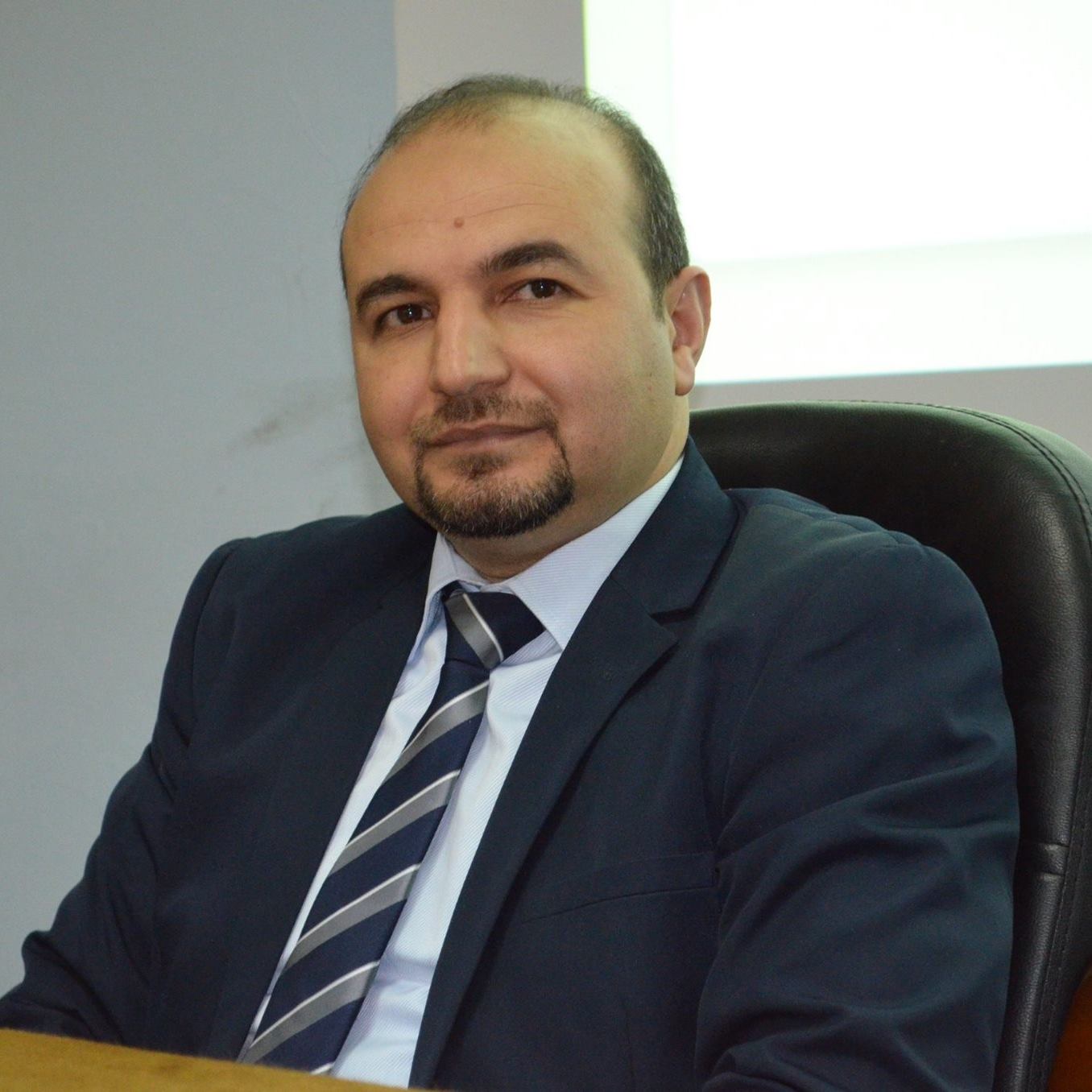
Pr.BENTATA Samir
Rector of Mustapha Stambouli University of Mascara
Honorary Chair
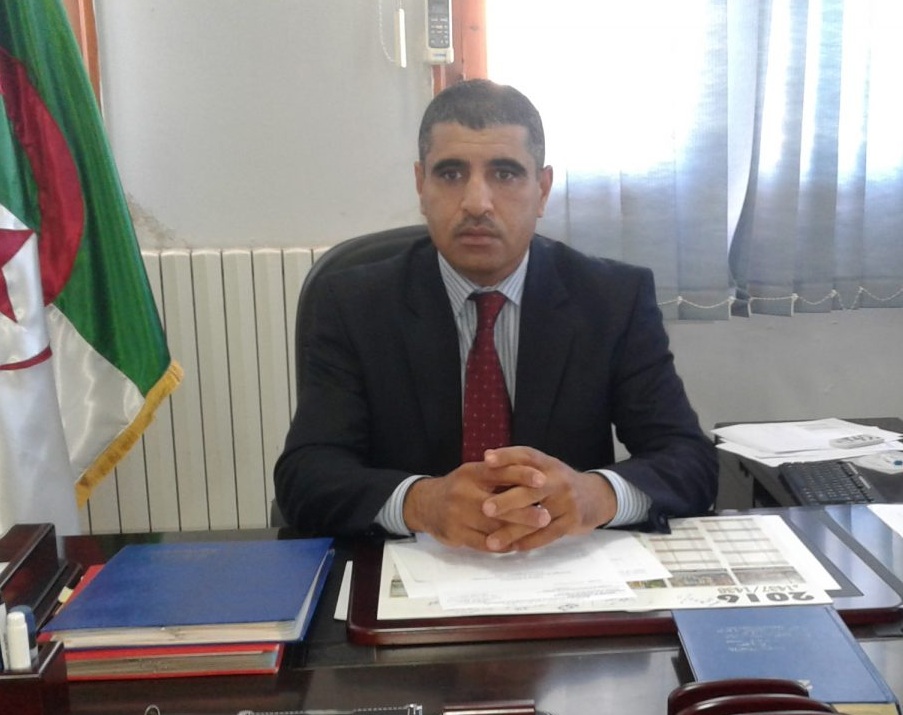
Pr.YAHIAOUI Ahmed
Dean of the Exact Sciences Faculty
Honorary vice-Chair
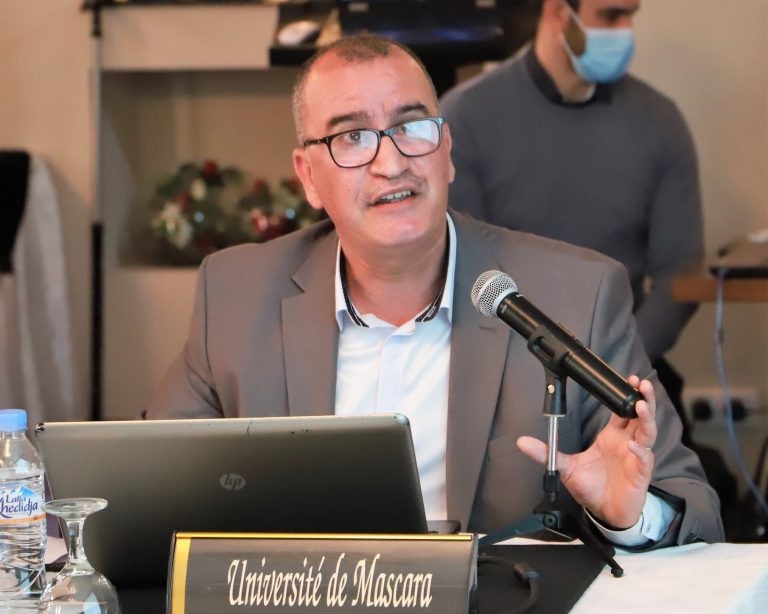
Dr.BACHIR BOUIADJRA Rochdi
General Chair
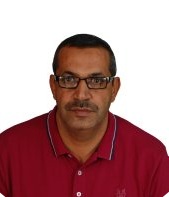
Dr.REBBAH Mohamed
Organizing committee Chair
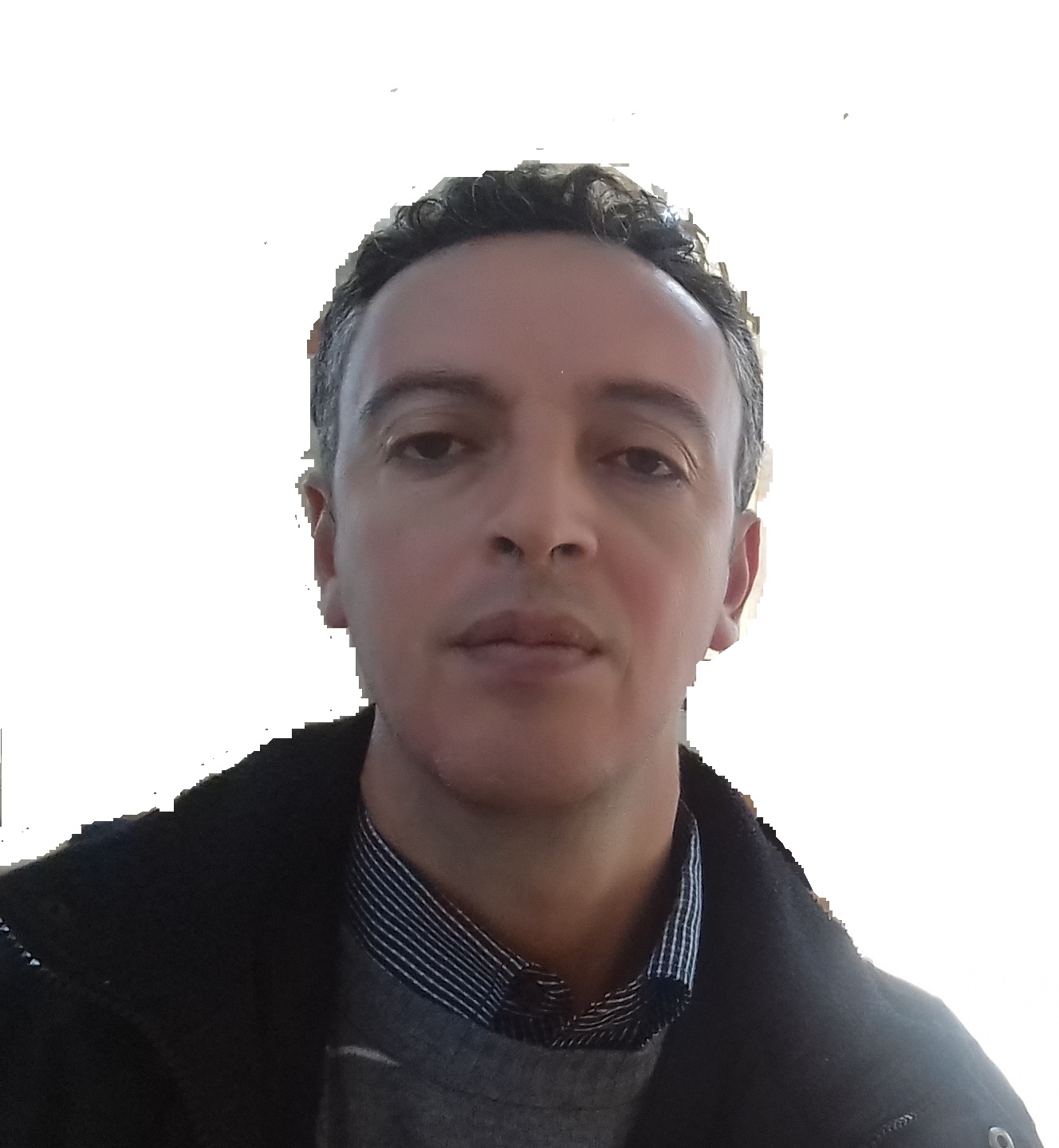
Dr.MOKHTARI Chakir
Local Organizing committee

SETAOUTI Samir
Local Organizing committee
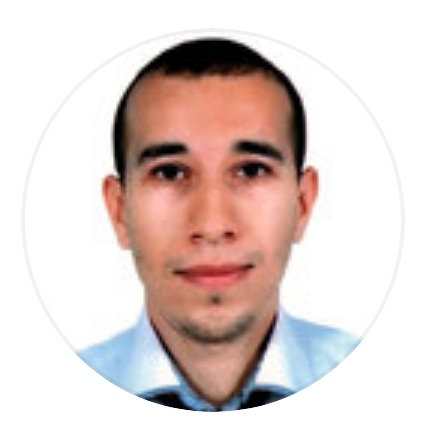
KHELLADI Rachid
Local Organizing committee
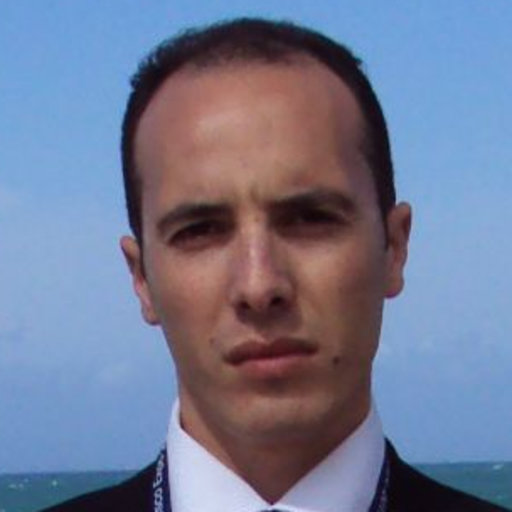
KHALDI MILOUD
Local Organizing committee
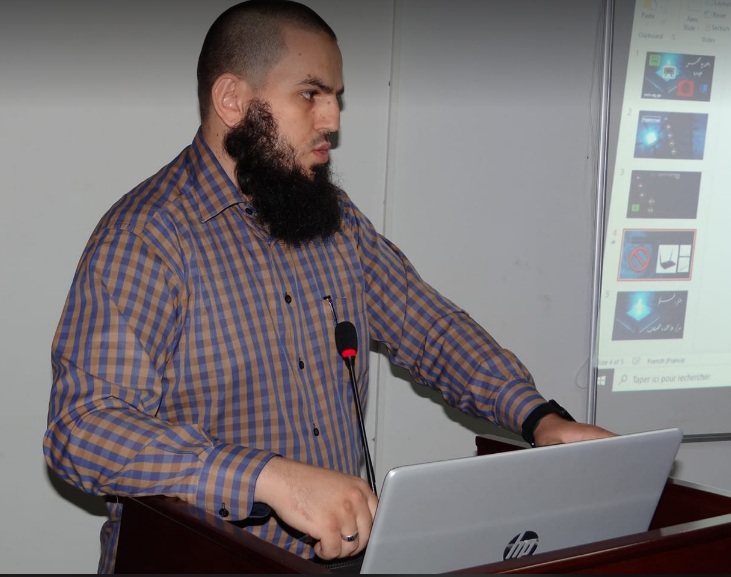
KHALDI Abdelkrim
Local Organizing committee

Dr.MAHI Faiza
Local Organizing committee
Program Committee

Dr.SALEM Mohammed
University of Mascara, Algeria
Program Committee Chair

Dr.Juan Guervós
University of Granada, Spain
Associate Program Committee Chair

Dr.Patrick Siarry
Paris-Est Créteil University , France
Associate Program Committee Chair

Pr.Ishfaq Ahmad
University of Texas at Arlington, USA
Associate Program Committee Chair

Pr.DEBBAT Fatima
University of Mascara, Algeria
Associate Program Committee Chair

Dr.DEBAKLA Mohammed
University of Mascara, Algeria
Associate Program Committee Chair

Pr.Meftah Boudjelal
University of Mascara, Algeria
Associate Program Committee Chair
Program Committee
- Abdeeslem Dennai, University of BECHAR, Algeria
- Abid Sabrina, University of Mascara, Algeria
- Adham Alsharakwi, The University of Jordan, Jordan
- Ahmed Louazani, University of Relizane, Algeria
- Allali Mahamed Abdelmadjid, Hassiba Benbouali University of Chlef, Algeria
- Antonio Mora, University of Granada, Spain
- Assas Ouarda, University of Batna 2, Algeria
- Ayad Soheyb, University of Biskra, Algeria
- Belkacem Sami, National Higher School of Artificial Intelligence, Algeria
- BENMERIEM Khaled, University of Mascara, Algeria
- Bengueddach Asmaa , Oran 1 University , Algeria
- Benhammouda Mohammed, DjillaliLiabes university, Algeria
- Boudia Cherifa, University of Mascara, Algeria
- Boufera Fatma, University of Mascara, Algeria
- Bouhouche Abdelouahid, Université 20 Août 1955 Skikda, Algeria
- Chaouch Djamel Eddine, University of Mascara, Algeria
- Claude TADONKI, Mines Paris-Tech, France
- FEKIR Abdelkader, University of Mascara, Algeria
- Djellali Hayet, Badji Mokhtar University, Algeria
- Hacene Belhadef, University of Constantine 2-Abdelhamid MEHRI, Algeria
- Hachem Slimani, University of Bejaia, Algeria
- Hafed Zarzour , University of Souk Ahras , Algeria
- Hajer Bouzaouache, Ecole Nationaled’Ingénieurs, Tunisia
- Hanane Zermane, University of Batna 2, Algeria
- Hassen Fourati, Grenoble Alpes university, France
- Hedi Tmar, University of Sfax, Tunisia
- Hedjazi djalal, University of Batna 2, Algeria
- Houari Amina, University of Mascara, Algeria
- Hugues Marie, University of Dschang, Cameroon
- Ishfaq Ahmad, University of Texas at Arlington, USA
- Ivana Roncevic, Prince Sultan University, Saudi Arabia
- Javed Ali Han, University of Science and Technology Bannu, Pakistan
- Jeba Sonia J, SRMIST Kattankulathur, India
- Juan J. Merelo, University of Granada, Spain
- Khalifa Djemal, Université d'Évry Val d'Essonne, France
- Kahloul Laid, University of Biskra, Algeria
- Kamal Kant Hiran, Sir Padampat Singhania University, India
- KAZAR Okaba, University of Biskra, Algeria
- Kenniche Ahlem, université de Mostaganem, Algeria
- Khadidja Yahyaoui, University of Mascara, Algeria
- Khaldi Miloud, Higher School of Computer Science, Sidi Bel-Abbès, Algeria
- Khelfi Mohamed Fayçal, ESGEE Oran, Algeria
- Khobzaoui Abdelkader, Djillali Liabes university, Algeria
- Khorsi ahmed ,Al imam mohamad Bin Saoud islamic university, Saudi Arabia
- Kouahla Zineddine , Université de Guelma , Algeria
- Larabi Slimane, USTHB, Algeria
- Leila Ben Ayed, University la Manouba, Tunisia
- Lotfi Boudjenah, University of Oran1, Algeria
- Loveleen Gaur, Amity University, Noida, India
- Mahi Faiza, University of Mascara, Algeria
- Mariem Haoues, CCSE-PSAU, Saudi Arabia
- Masheal Alghamdi, King Abdulaziz City for Science and Technology, Saudi Arabia
- Merah Mostefa , University of Mostaganem , Algeria
- Md. Sakir Hossain, American International University, Bangladesh
- Mohammed B. Debbat, University of Mascara, Algeria
- Mohd Yusuf, UniversitiTeknologi PETRONAS, Malaysia
- Mokadem Djelloul, University Moulay Tahar of Saida, Algeria
- Mongi Besbes, University of Carthage, Tunisia
- Monika Bansal, Punjabi University, Patiala, India
- Mourad Loukam, HassibaBenbouali University of Chlef, Algeria
- Muhammad Talha Gul, Sharif College of Engineering and Technology, Pakistan
- Mustafa Jarrar, Birzeit University, Palestine
- Nawres Khlifa, University of Tunis El Manar, Tunisia
- Ouajdi Korbaa, University of Sousse, Tunisia
- Rashid Mehmood, King Abdulaziz University, Saudi Arabia
- REBBAH Mohamed, University of Mascara, Algeria
- Reshma V.K, Hindusthan College of Engineering and Technology, India
- Ruchi Doshi, UNIVERSIDAD AZTECA, Mexico, Mexico
- S B Goyal, City University, Malaysia
- Sahraoui Mustapha, University of Mascara, Algeria
- Sailesh SuryanarayanIyer, Rai University, Ahmedabad, India
- Samir Ladaci, National Polytechnic School of Algiers, Algeria
- Seifedine Kadry, Noroff University College, Norway
- Setti Ahmed Soraya, University of Mascara, Algeria
- Seyedali Mirjalili, Torrens University Australia
- Sofiane Boukli Hacene, DjillaliLiabès university, Algeria
- Surbhi Gupta, Punjab Agricultural University, India
- Teggar Hamza, University of Mascara, Algeria
- Trache Najia, Université Oran1 Ahmed Ben Bella, Algeria
- Valentina Emilia Balas, Aurel Vlaicu University of Arad, Romania
- Vicente Feliu Batlle, Universidad de Castilla-La Mancha, Spain
- Wai Lok Woo, Northumbria University, UK
- Xiao-Zhi Gao, University of Eastern, Finland
- Yachba Khadidja, University of Relizane, Algeria
- Yaroub Elloumi, University of Monastir, Tunisia
- Youcef Fekir, University of Mascara, Algeria
- Zagane Mohammed, University of Mascara, Algeria
- Zaidi Sofiane, University of Oum El Bouaghi, Algeria
- Zarour Nacereddine, University of Constantine 2, Algeria
- Zingla Meriem Amina, University of Mascara, Algeria
- Zrigui Mounir, Faculté des sciences de Monastir, Tunisia
Paper Submissions
Instructions for Authors
Paper Format
The submitted paper must be in English and formatted according to the guidelines of CCIS (Communications in Computer and Information Science) of Springer:LaTeX Template or MS Word Template
Paper Length
Submitted papers must full papers (12-15 pages in the Springer LNCS/CCIS one-column page format, 400 words per page), including all figures, tables and references.
Paper Submission
Authors are requested to submit their papers electronically using the online conference management system Easychair in PDF format before the deadline (see Important Dates).
Publication
It is planned to publish the proceedings with Springer in their Communications in Computer and Information Science series (final approval pending).
Keynote Speakers

Is currently professor at the university of Granada and senior software engineer in polypoly. He holds a PhD in Physics since 1994. He's been interested in complex systems and networks from early on, focusing on the self-organizing behavior observed in soccer, software repositories and medieval societies
Title: Pass it around: complex networks for soccer analysis and prediction.
Abstract:
Complex networks have emerged in the last 20 years as a good model for all kinds of social and biological phenomena. At the same time, data analysis has started to be mandatory in a sport as competitive as soccer, where hits or misses in hiring a player, keeping him or her on the bench, or their performance on the field have a real economic importance, so statistical models have started to be applied in this field to, and have exploded in the last few years. In this talk we will present how these models work, how network effects can be important to understand and analyze the performance of teams in the field, and how it can ultimately be used to predict part of the outcome of soccer matches.

Prof. Dr. Ing. Leila Ben Ayed is Professor of Computer Science at University of la Manouba - National School of Computer Science (ENSI) Tunisia and member of LIPSIC Laboratory, FST, University of Tunis el Manar. She obtained her PhD thesis from National Polytechnic Institute of Lorraine, INPL, France, and Faculty of Science of Tunis, University Tunis el Manar, Tunisia, she is engineer in Computer Science from the Faculty of Science of Tunis, Computer Science Department. Her recent activities are related to Theoritical Computer Science, Formal Methods for Software Development –Model Checking – Refinement – Theorem proving - Workflow applications – Distributed applications - Model Transformation.
Title: Automata and Artificial Intelligence for the development of control systems.
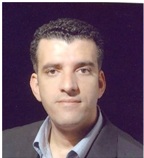
Merah Mostefa received a PhD in Electronics and Signal Processing, a Magister in Electronics, and an Engineer in Electronics in Industrial Control, from the University of Science and Technology (USTO) Mohamed Boudiaf Oran, Algeria. He is also Full Professor of Electronics, in Abdelhamid Ibn Badis University, Mostaganem, Algeria. Previously, he worked as Technical Director at MEDIA DISC INDUSTRIES ALGERIA Maghrebian leader in the manufacture of CompactDisc, he was a member of the intelligent system research laboratory L.A.R.E.S.I. USTO ORAN, Member of the Signal and Image L.S.I. USTO ORAN and Member of the LISSI research team, Paris 12 Val-de-Marne Images, Signals and Intelligent Systems Laboratory (LISSI, EA 3956). Furthermore, he is a Member of the French Society of Biological and Medical Engineering (SFGBM), Member of the Association for the Advancement of Artificial Intelligence (AAAI), and Member of the International Neural Network Society (INNS). Merah Mostefa currently leads the ‘Machine Learning & Access Control System (MALACS)’ team of the UMAB Signals and Systems Laboratory at Abdelhamid Ibn BadisMostaganem University. Faculty of Science and Technology. Electrical +Engineering Department His research concerns, Signal and Image Processing, Biometric and secure access system, Deep Learning, Wireless Sensor Networks, Computer Vision and Optimization of Fault Tolerance of Artificial Neural Networks.
Title: Machine Learning for Secure Access Systems and Precision Agriculture.
Abstract:
In the last few years,the use of deep Convolutional Neural Networks (CNN) for the detection and classification of plant diseases from leaf images became an active research area that shows very good results. Over using deep learning classifiers requires large labelled datasets. The large and freely available dataset of plant diseases widely used by researchers is the Plant Village dataset. The main issue related to this dataset is that it contains only laboratory images, which reduces the classifier performance when tested on complex field images. In this work we study the use of both laboratory and field images for training deep CNN on classifying healthy and unhealthy plants. We combine laboratory and complex field images taken respectively from the Plant Village and the Eden Library datasets, to build a data set containing 54,000 images equally distributed on two classes:’healthy’and’unhealthy’. This data set is used to fine-tune three state-of-the-art image classifiers that are pretrained on the Image Net dataset:AlexNet,ResNet34and DenseNet121. The experiment results show that using combined dataset significantly improves the classification accuracy for complex images.